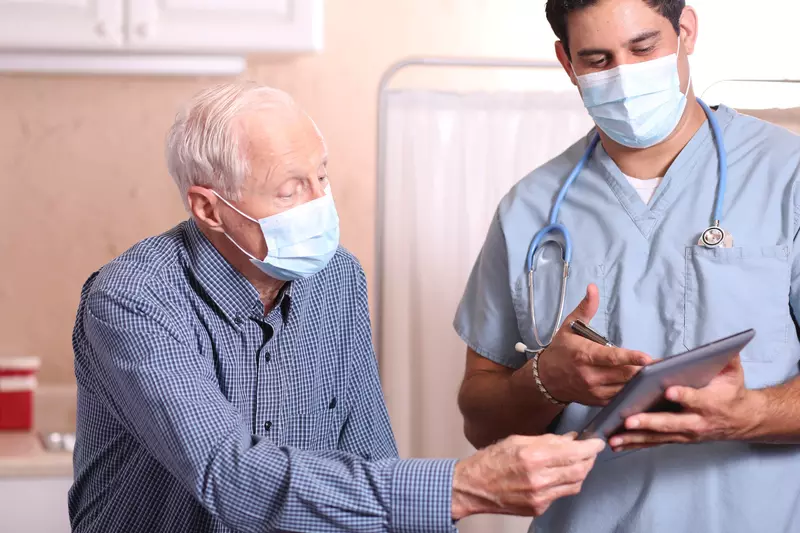- AdventHealth

In a serious medical emergency, act quick. That’s long been the advice of experts who treat heart attacks and strokes, and that remains true. But we want you feel assured that if you or a loved one must access our emergency care, we are doing everything possible with safety measures to heal while protecting you, too.
Why It’s Important to Get Immediate Care
Delaying treatment for a possible heart attack or stroke can be dangerous. It’s critical to seek care right away by calling 911. Just remember that the quicker you get treatment, there’s a greater chance you’ll expedite treatment and experience a better recovery.
Know When to Act
Take immediate action by calling 911 if you have any of these symptoms:
Heart Attack |
Stroke |
|
|
|
|
|
|
|
|
|
|
Understand Your Risk
Your risk for heart disease and stroke increases if you have untreated high blood pressure, high cholesterol or diabetes, according to the Centers for Disease Control and Prevention (CDC). Obesity, an unhealthy diet and lack of physical activity also increase your risk.
It’s Time to Protect Your Health
Delaying medical care for a suspected heart attack or stroke could be dangerous. If you have underlying conditions that put you at risk for heart attack or stroke, you may be at greater risk for other serious illnesses and complications from them, including coronavirus.
Extra Safety Precautions in the ER
We’re following strict guidelines in our ER locations to protect you, such as temperature checks for anyone that enters our facilities. Also, those with symptoms of any respiratory illness will be evaluated and treated in a separate area of the hospital. We’re also frequently cleaning and disinfecting the ER lobby and patient rooms, as well as sanitizing high-touch surfaces, such as door handles, elevator buttons and light switches.
Hospitals have also limited visitors, implemented social distancing measures, as well as mask policies for all visitors, staff and patients.
Take Steps to Foster Your Whole Health
If you have risk factors for heart attack or stroke, it’s important to take charge of your preventive health. Don’t delay your annual physicals with your primary care provider, and stay on top of your routine care, medications, vaccinations and healthy lifestyle habits.
If you are currently being treated for a heart condition or have experienced a stroke in the past, continue to stay connected with your entire care team. Many providers are offering virtual video visits for your safety and convenience, too.
We Are Here to Heal and Keep You Safe
We’re ready to care for all aspects of your health — just as we’ve always been. Don’t delay care for a serious health problem like a heart attack or stroke — call 911. Learn more about our Emergency Care and find a location near you.


